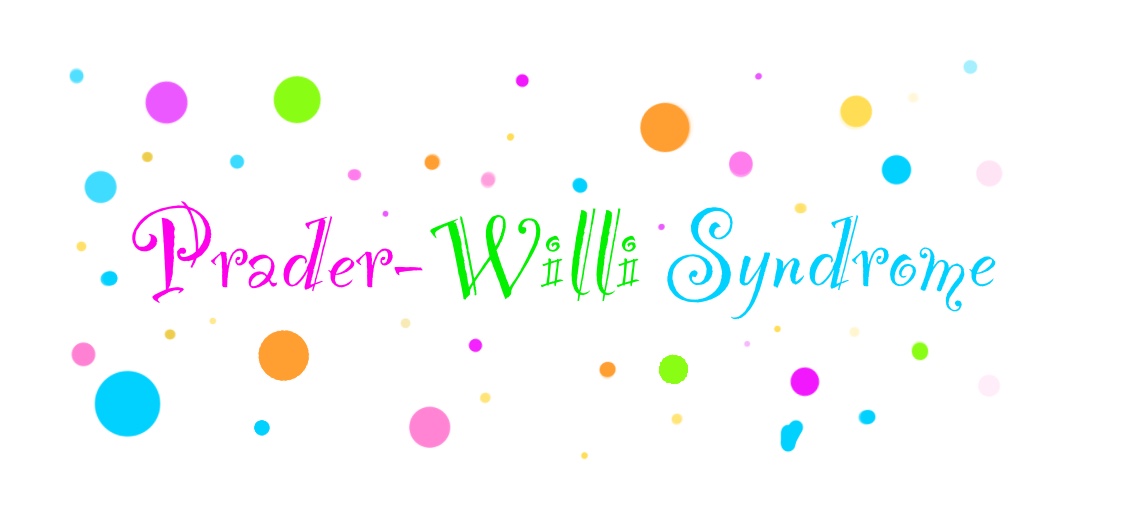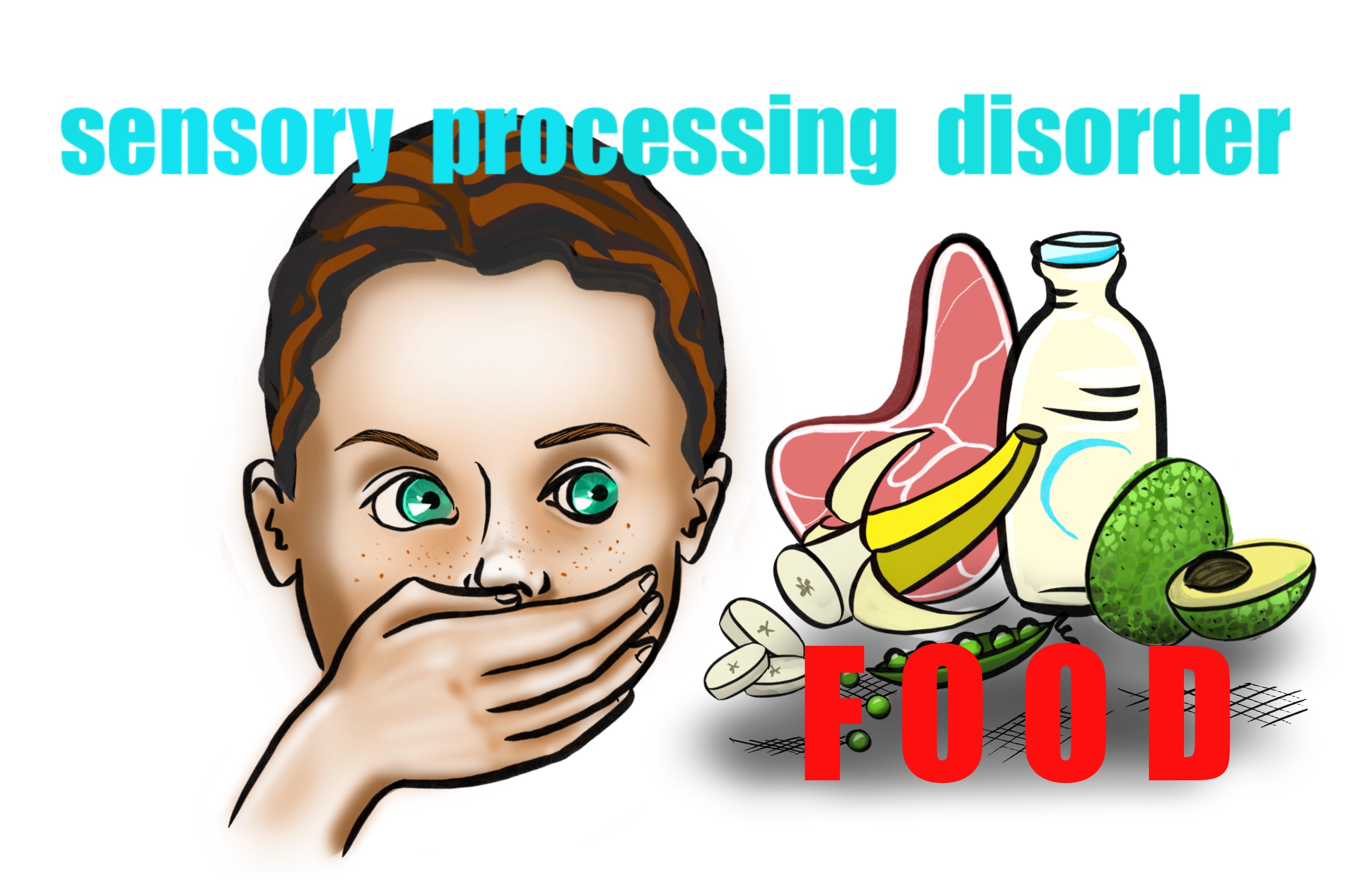Prader-Willi Syndrome (PWS) is a rare genetic disorder that affects approximately 1 in 15,000 people worldwide. Our son Stony also has PWS and autism, and we have experienced firsthand the challenges that come with this condition. PWS is characterized by a range of physical, cognitive, and behavioral symptoms, and it can be difficult to manage without proper intervention.
The importance of early diagnosis
One of the most well-known symptoms of PWS is insatiable appetite, which can lead to obesity and other health complications. However, in our case, Stony has not developed this symptom, possibly due to early diagnosis and intervention, and being very aware of diet issues. He has learned to eat properly and follow a clean, healthy diet, for which he is very proud.
However, behavioral issues can still be very challenging, especially when combined with anxiety. Stony experiences symptoms of OCD, anxiety, depression, mental rigidity, stubbornness, and argumentative behavior. It can be difficult to manage these behaviors, but it is crucial to discover PWS in time and intervene, as issues can be addressed before they become full-blown.
The earliest the child learns to control his behavior and diet, the more beneficial it is for his or her life. Parents need to be aware of the medical complications that come with PWS, including an endocrine disorder that affects growth hormone. As a result, strength in the muscles and organs can be affected, as well as metabolism, weak gut muscles, frequent gastrointestinal issues, obstructions in the gut, ulcers, autoimmune diseases, scoliosis, osteoporosis, sleep disturbances, and many other issues.
Prader-Willi Syndrome and Autism
It’s important to note that Prader-Willi Syndrome often occurs in conjunction with other developmental disorders, such as autism spectrum disorder (ASD). In fact, our son Stony was also diagnosed with autism, which is not uncommon in children with PWS. The underlying causes of these co-occurring conditions are not yet fully understood, but it is believed that some of the same genetic abnormalities that lead to PWS may also contribute to the development of ASD. Further research is needed to better understand the relationship between these disorders and how best to manage them in affected individuals. Despite the challenges associated with these conditions, however, Stony has made great progress with early diagnosis and intervention, and we are proud of all that he has accomplished.
Growth Hormone the Life Saver
These kids have to be on medication, such as growth hormone, which is a life-saver for them and it is very important to start growth hormone therapy as early as possible so again, early diagnosis is life saver!
Growth hormone helps them physically, mentally, and emotionally by improving muscle strength, increasing bone density, reducing body fat, and improving overall health. It also helps with cognitive function and emotional regulation, which can be challenging for children with PWS.
The Joy of PWS
Despite the challenges, children with PWS have amazing kindness and can be superhumans. Stony has taught us so much about love, compassion, and determination. He has achieved things that we never thought were possible, and he has a bright future ahead of him.
It is important to remember that children with PWS have a unique mission, and they can achieve the unbelievable. With early intervention, support, and resources, they can overcome the challenges of PWS and thrive in all aspects of life. We are grateful for Stony and all of the children with PWS who inspire us every day.
Early diagnosis is critical for children with Prader-Willi Syndrome, as it allows for early intervention and management of symptoms. However, many parents may not be aware of the condition or its symptoms, which can delay diagnosis and treatment. Therefore, it is important to raise awareness of this condition and its symptoms, especially among healthcare providers and parents.
Certainly! Here are some common symptoms of Prader-Willi Syndrome:
- Feeding difficulties and failure to thrive in infancy
- Hypotonia (low muscle tone)
- Delayed motor milestones
- Short stature
- Almond-shaped eyes
- Small hands and feet
- Scoliosis
- Sleep apnea
- Excessive daytime sleepiness
- Poor temperature regulation
- Difficulty with body temperature control
- Poor immune function
- Cognitive and behavioral difficulties
- High pain threshold
- Poor coordination
- Fine motor skills delays
- Poor suck and swallow reflex
- Speech and language delays
- Developmental delays
- Dental problems
- Skin picking or chewing
- Obsession with food
It’s important for parents and healthcare providers to be aware of these symptoms and seek medical attention if they suspect their child may have PWS. Early diagnosis and intervention can make a significant difference in the long-term management of symptoms and the overall quality of life for children with PWS.







